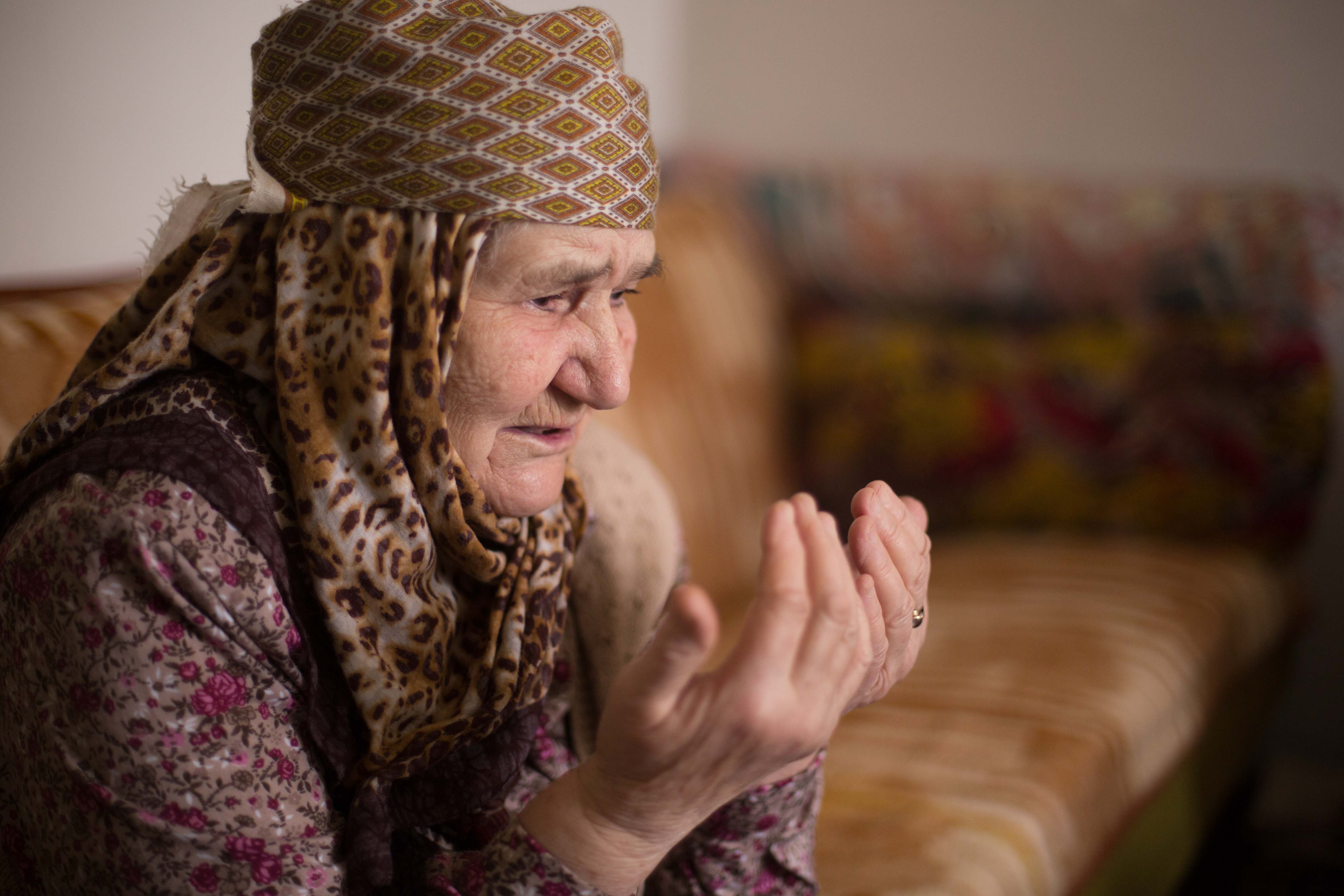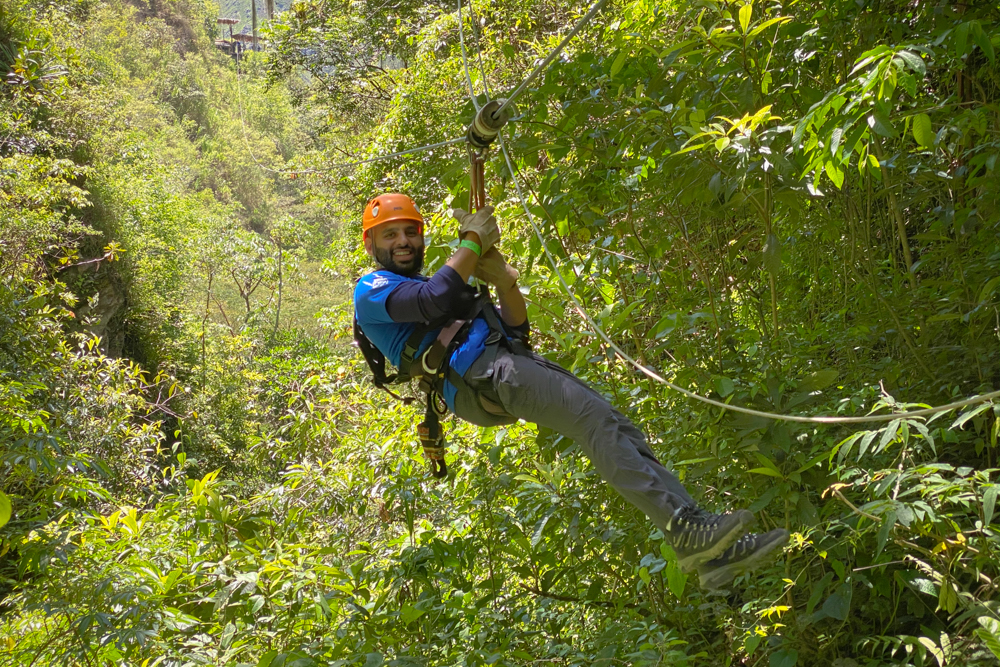South Sudan’s Women Champion Farming for Their Families in Tarkeka with Islamic Relief
Nada Shawish is a communications specialist at Islamic Relief USA and she reports from South Sudan.

“Our women are working hard. It is a burden on our women, they are digging and planting and they need support or they will not survive,” said Mary, the South Sudan representative that accompanied us to Tarkeka. She’s originally from the area, and she works closely with the women’s association in Tarkeka to develop livelihoods and improve lives for families.
Suddenly, the sky opens up on the red dirt and cool water quickly floods grass and road. I’ve never seen people so happy for rain. It’s true, the heat is exhausting, and Mary joins other staff from our group and the local farmers on the roadside to sing and dance, but not because they’re hot. They’re thankful for the hard rain that’ll make their crops flourish.
I don’t think I’ve ever danced at the sight of rain in my life—but here, you’d be thankful too.
Tarkeka is a farming area, hours from Juba, and the road there is not only treacherous, it’s unpaved. There are only 5 km of paved road in all of South Sudan. Getting to Tarkeka is like being thrown around in a washing machine.
For farmers in these remote areas of South Sudan, life is a constant struggle: People are constantly fighting for resources here, bloody battles are being fought in the North and people are fleeing to places like Tarkeka and Juba for their lives. But what I found here too is that women are working extremely hard to make a living for their families.
Women are heads of their households in Tarkeka. They not only raise the children, but they fetch water, keep their homes and cultivate the land. This is hard labor for them, but they are very strong, outspoken women who take great pride in their farms, steadfast organization and their patient labor of the land.
This is a surprising discovery at the ground level. I had heard so much about the atrocities being committed against women in South Sudan through the violent conflict there. I hadn’t expected to find women running farms and families, earning income, managing resources and changing mentalities in a rural area like Tarkeka.
Joyce Jermiah is the “mother” of the Women’s Association. She’s been here for 10 years and her robust, positive attitude is an example for anyone who wants to lead. She speaks with a sureness that expresses both urgency and strength.
“To survive, we need to cultivate the land. The fact that we were given a means to have food is security that we need to maintain,” Joyce said.
With Islamic Relief’s support, they’re growing everything from citrus, to spinach, to okra and beans.
Where are all the men? Joyce told me that many have traveled closer to Juba to try to find work or other income-generating opportunities there. Many never came home. Either way, the women of Tarkeka have decided not to sit idly—they’re doing their best for their families, including backbreaking work. And best of all, they’re working together to support each other.
They’re also selfless: keeping their community in mind throughout their development. The women all told me that they were working hard not just to provide food for their families, but for their entire village. Not only are they cultivating the land for food, they have enough to collectively sell at the market as income to support other needs of the villagers.
“Islamic Relief is one of the only organizations helping our women,” Mary said. “We say thank you very much because you came down to the grassroots to see us and you are empowering women here.”

Joyce nods in agreement. “We appreciate Islamic Relief’s support, and you see we’re using it meaningfully. This assistance will never go to waste,” she said. “We’re going to keep working for our village and we’re going to keep working for a better future. We wish you’ll keep working for our women.”
Their groupthink way of making their farming enterprise work with what they’ve been given is amazing. And they’re doing it through civil unrest in South Sudan, lack of local resources and their remote location.
This is a small win for South Sudan among a series of great losses for the new country. Groups like the women’s association of Tarkeka, lead by sisters like Mary, are proving themselves resilient and uphold an image of a brighter future for South Sudan’s people. And they’re doing it every day, despite all the obstacles. We should support positive developments like this more, if we should ever expect to see the South Sudan promised to the people just a few years ago.



